Rash Week! An atypical antibiotic reaction
PEMBlog
FEBRUARY 9, 2024
The child has fever and swollen feet as well. It’s Serum Sickness Like Reaction! This is a delayed allergic reaction to an antibiotic. This child was placed on Amoxicillin for acute otitis media and this rash developed after 9 days of treatment. The main treatment is discontinuing the antibiotic.


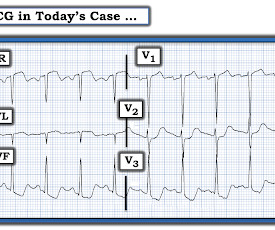

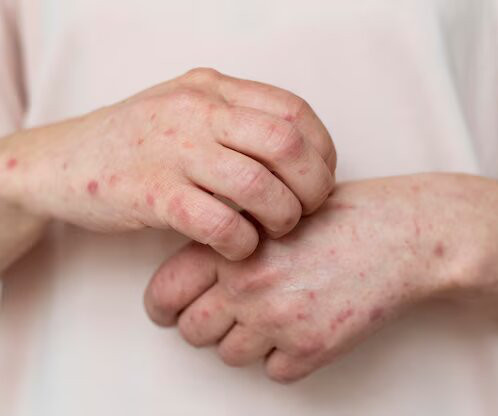
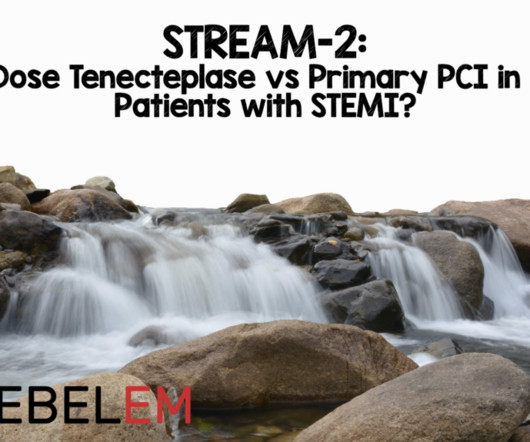


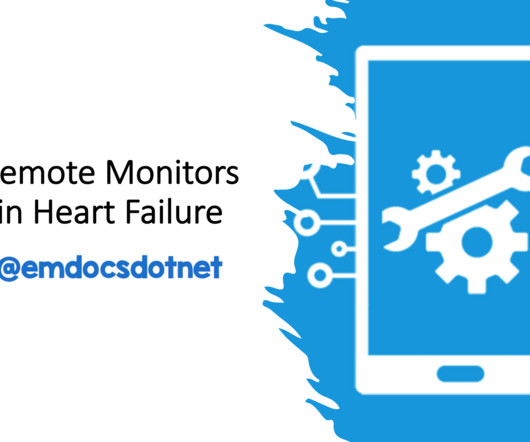
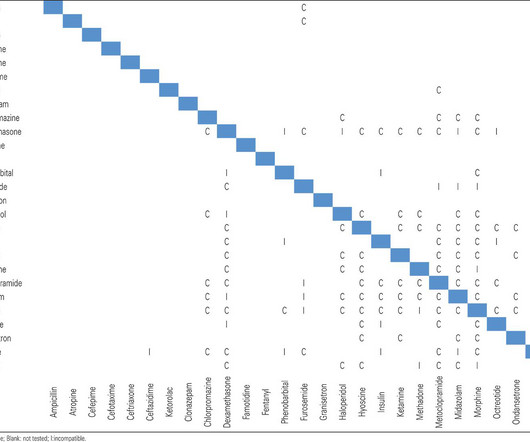
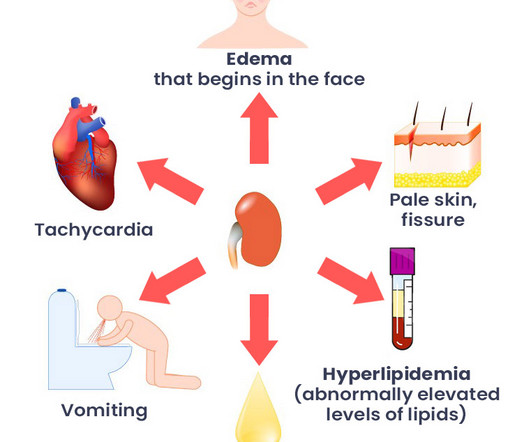
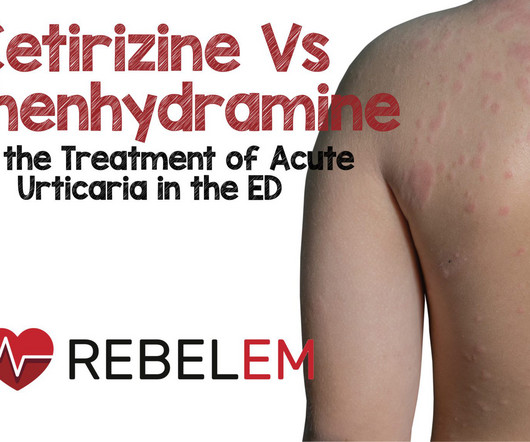

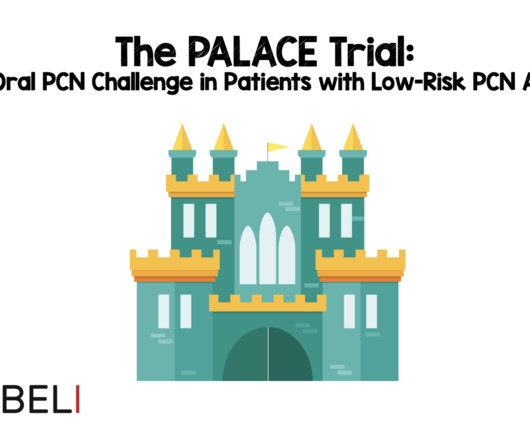
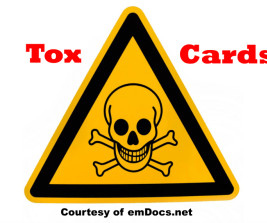
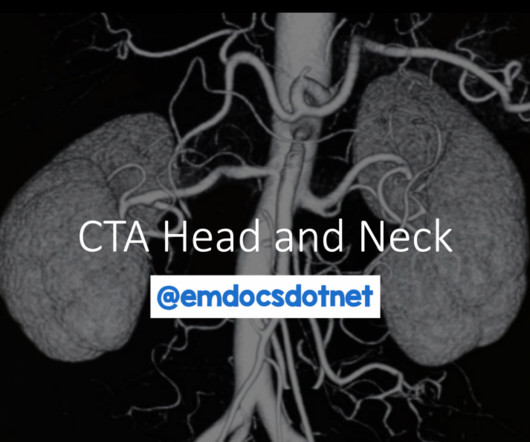






Let's personalize your content